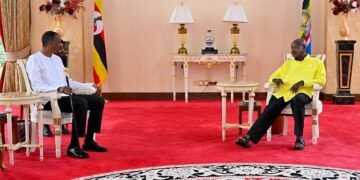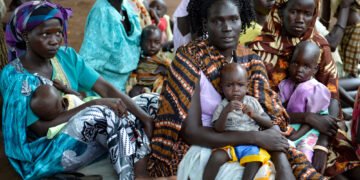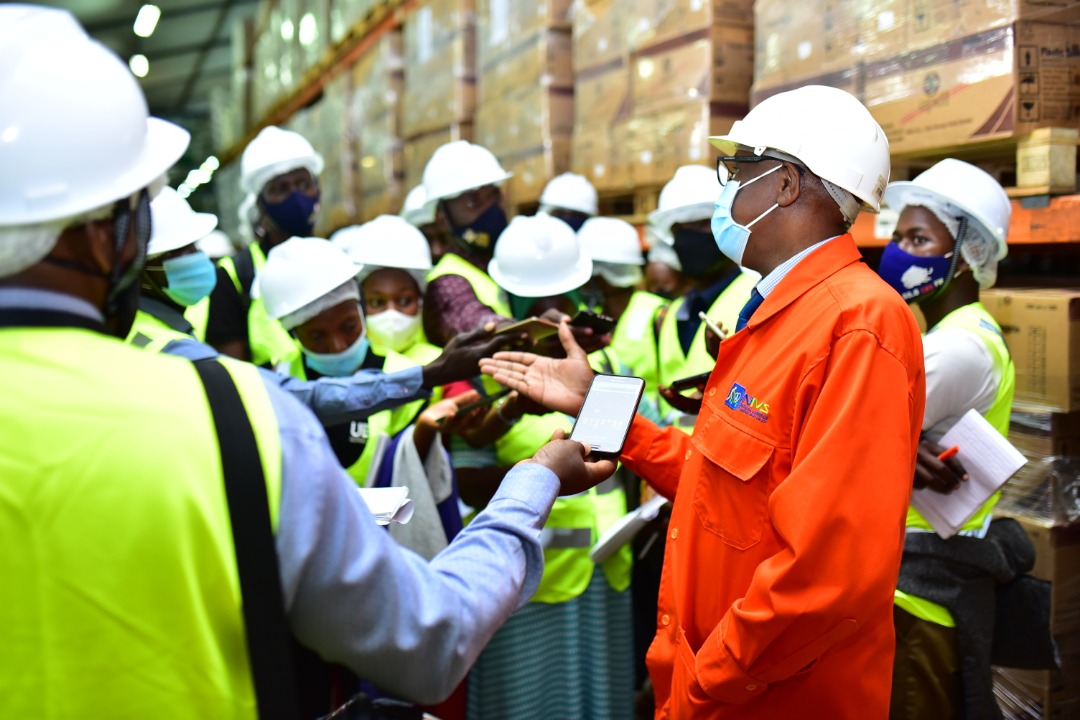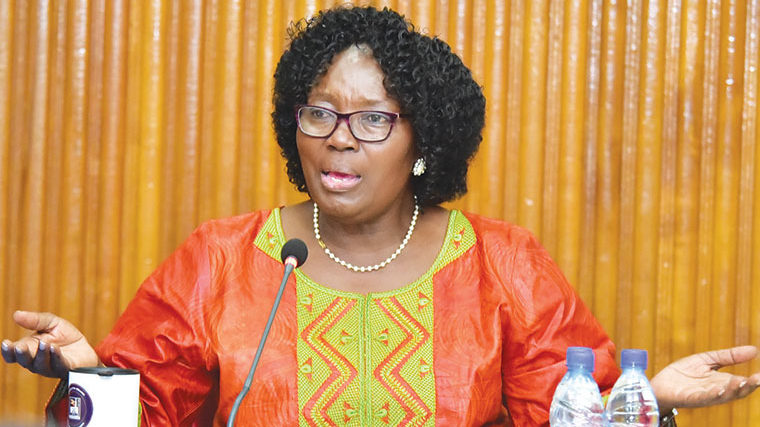More than 60 bodies have been recovered in Malawi’s main commercial hub of Blantyre after Tropical Storm Freddy hit southern Africa for the second time in a month.
Strong winds and rains continue to cause severe destruction.
“We have rivers overflowing, we have people being carried away by running waters, we have buildings collapsing,” police spokesman Peter Kalaya told BBC Focus on Africa radio.
Malawi was “overwhelmed” he added.
Relentless rain and strong winds have hampered overstretched emergency teams in the country’s southern and central regions, which are worst affected, Mr Kalaya said.
Victims taken to a hospital in Blantyre had injuries caused by falling trees, landslides and flash floods, Doctors Without Borders (MSF) country director Marion Pechayre told Reuters news agency.
“A lot of [homes] are mud houses with tin roofs, so the roofs fall on people’s heads,” she is quoted as saying.
Casualties were still arriving from affected areas, said Chipiliro Khamula, spokesperson for Malawi’s department of disaster management. Officials expect the death toll to rise as some areas remain cut off.
Freddy is the strongest tropical cyclone on record and could also be the long-lasting one, according to the World Meteorological Organization.
On Sunday the storm struck Mozambique as a cyclone – for the second time in a less than a month after battering the island nation of Madagascar in the Indian Ocean, causing severe destruction.
It has been difficult to determine the extent of the damage caused in Mozambique and the number of deaths as power supply and phone signals were cut off in some parts of the affected areas.
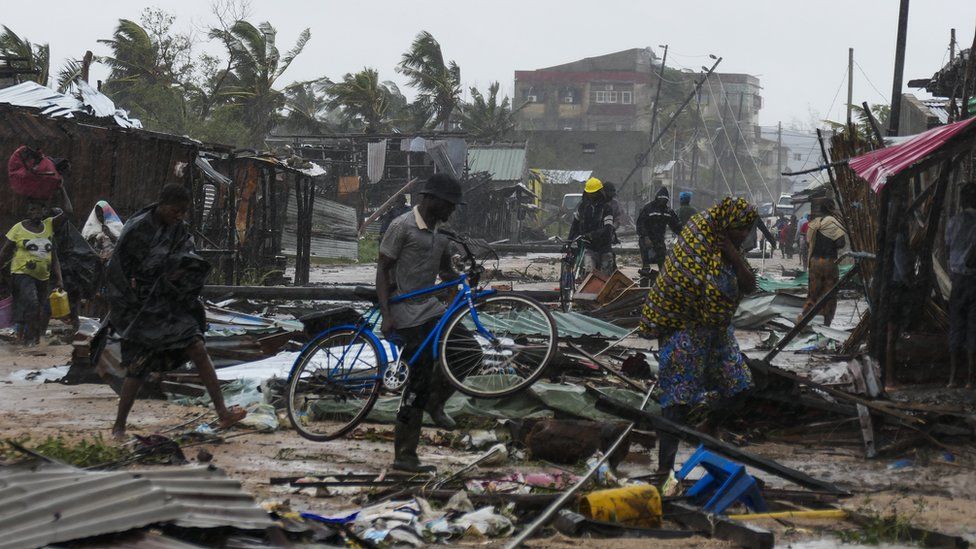
The timing of the storm could exacerbate Malawi’s cholera outbreak, the UN and other agencies have warned, as the country battles one of its worst public heath crises.
Experts says climate change is making tropical storms around the world wetter, windier and more intense.
Freddy had broke records for the strength it has accumulated over the 8,000-km (5,000-mile) path it travelled across the Indian Ocean from north-western Australia.

BBC News Africa




